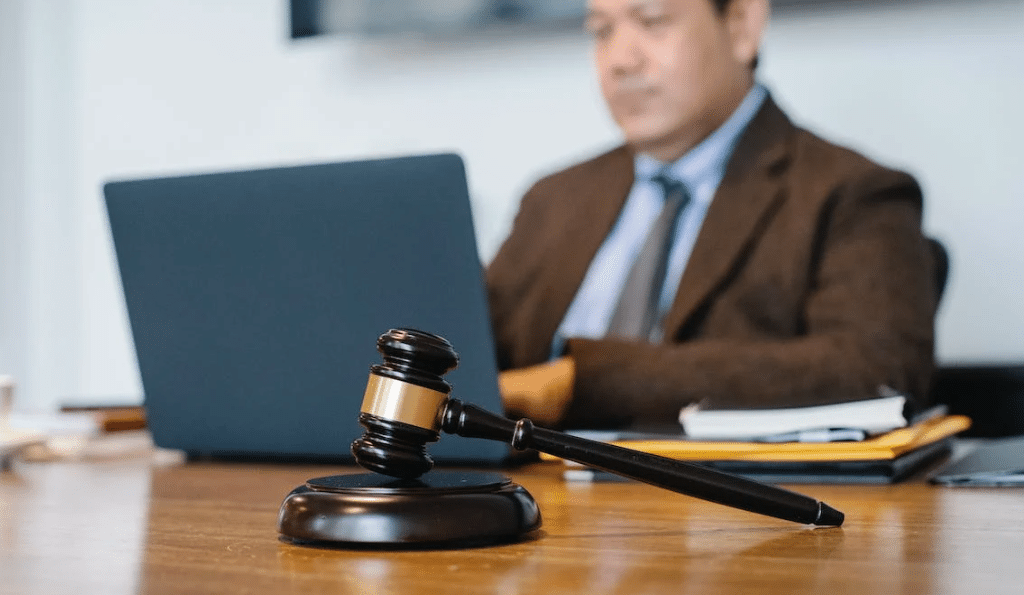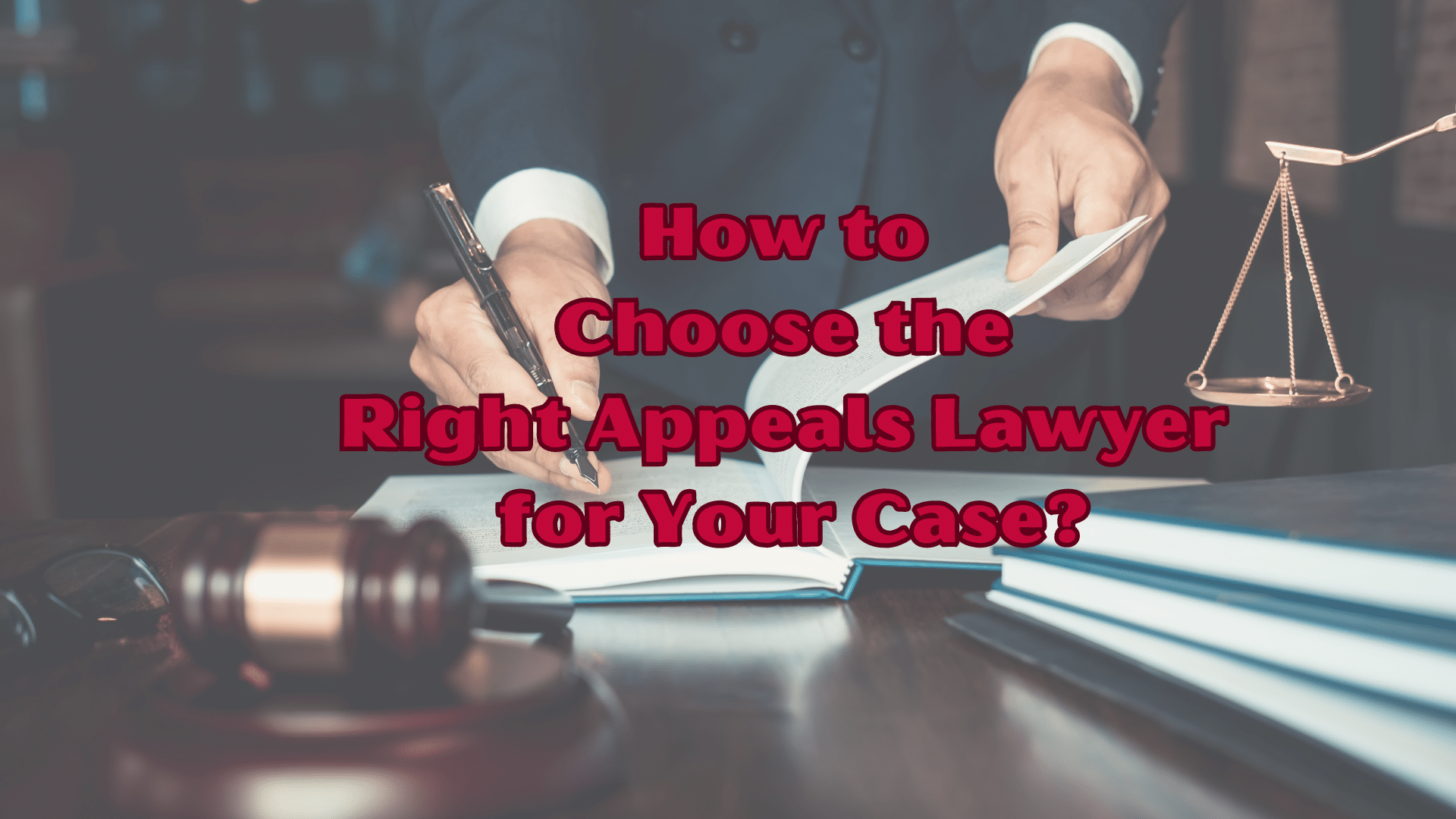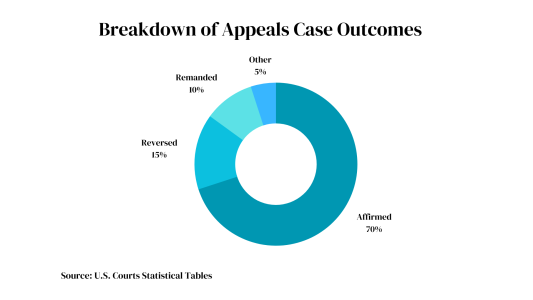A Guide for Working with a Personal Injury Lawyer – Guest Post

If you have been injured due to someone else’s negligence, it’s essential that you consider working with a personal injury lawyer. A personal injury lawyer can help you navigate the legal system and get the compensation that you deserve. However, it’s important to approach this process with care and get the most out of your experience with a personal injury lawyer. Here’s your complete guide for working with a personal injury lawyer.
What is a Personal Injury Lawyer?
A personal injury lawyer is a legal professional who represents clients who have been injured as a result of the negligence of others. Personal injury lawyers handle a wide range of cases, including car accidents, medical malpractice, workplace accidents, and slip and fall injuries.
When to Hire a Personal Injury Lawyer
If you have been injured in an accident or have suffered some sort of personal injury, the first thing you should do is seek medical treatment. Once you have received medical treatment, you should consider hiring a personal injury lawyer. It’s important to hire a personal injury lawyer early in the process so that they can begin working on your case and gathering evidence.
How to Choose a Personal Injury Lawyer
Choosing the right personal injury lawyer is critical to your case’s success. Before hiring a personal injury lawyer, you should research and compare several different lawyers to find one who is experienced, knowledgeable, and specializes in your type of case. You should also consider the lawyer’s fee structure and whether they offer a free consultation.
What to Expect During Your First Meeting with a Personal Injury Lawyer
Your first meeting with a personal injury lawyer will typically involve a discussion of your case and an evaluation of your potential claim. The lawyer will ask you questions about your injury and the circumstances surrounding it, and they will explain your legal rights and options. During this meeting, you should also ask the lawyer questions about their experience, fees, and what to expect moving forward.
Working with a Personal Injury Lawyer
Once you’ve hired a personal injury lawyer, it’s essential to communicate regularly and be upfront about any new developments in your case. Your personal injury lawyer will work to gather evidence, negotiate with insurance companies, and advocate for your best interests in court, if necessary. By working closely with your personal injury lawyer, you can help ensure the best possible outcome for your case.
How Much Will a Personal Injury Lawyer Cost?
Most personal injury lawyers work on a contingency fee basis, which means that they only get paid if you win your case. Usually, the contingency fee is a percentage of the total settlement or award, and this percentage can vary depending on the lawyer and the complexity of the case.
Conclusion
Working with a personal injury lawyer is an important decision that can have a significant impact on your case’s outcome. By following this guide and working with a knowledgeable, experienced personal injury lawyer, you can get the compensation that you deserve and move forward from your injury with confidence. Remember, communication and transparency are key – be open with your lawyer, and they’ll work tirelessly to advocate for you and your rights.









